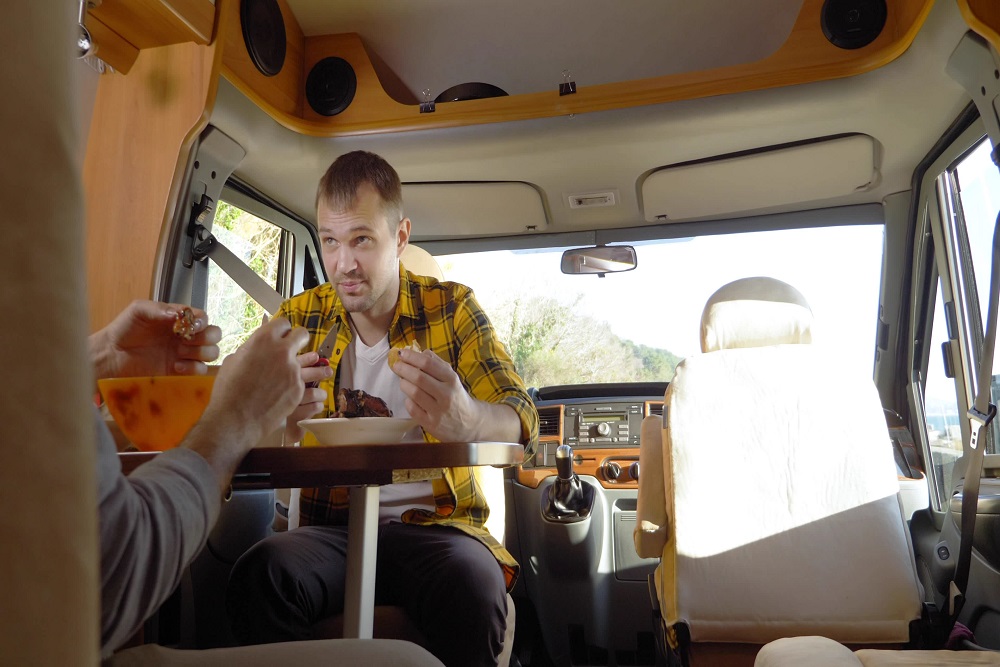The COVID pandemic sent a whole new generation of would-be campers scurrying for a limited supply of RVs. As you may already be aware, the RV lifestyle is in the midst of a historic boom as a result of remote work and people looking for vacation options that don’t involve airplanes and hotel rooms. It is being fueled by a romantic view of the RV life, a view that is entirely accurate.
Do not misunderstand. The RV life is a great life for people who are built for that sort of thing. But as with any other type of lifestyle, it has its trade-offs. Nothing about RVing is perfect. Not every day is warm and sunny; not every campground offers perfect sunset views; not every highway is traffic free.
-
Space Is Always an Issue
One of the first things new RV owners learn very quickly is that they do not have nearly the same amount of space their stick and brick homes offer. It is not even close. At best, a typical RV offers a couple of hundred square feet of floor space. Closets are few and far between and cupboards are small.
The bottom line is that space is always an issue when you spend more than a week or two in an RV. You can get by with limited space if you only camp on the weekends and for two weeks in the summer. But if you are a seasonal camper or full-time RVer, you have to learn to make do with the little space you have.
-
Staying Connected Is Not Easy
It would be interesting to talk to some of those new full timers who jumped in to the RV life when their companies gave the green light to work remotely. It would be interesting to know what they think about connectivity. The truth is that staying connected while living in an RV is not always easy.
Let’s be honest – campground wi-fi sucks. If and when you can get on, it is dog slow. So if you want to do anything more than check your email, you’re looking at investing in a satellite or 4G/5G solution. Neither one is cheap. Most internet packages come with download limits as well.
-
Maintenance and Repairs Don’t Go Away
Maintenance and repairs are a given with a stick and brick home. Trading in your home for an RV doesn’t make those things go away. If anything, the RV lifestyle requires a bit more. In fact, full timers have to give a lot more thought to preventative maintenance simply because so much can go wrong otherwise.
For instance, camping when overnight temperatures dip below freezing could mean frozen plumbing. Likewise, frozen plumbing can burst, leaving you with an expensive repair bill that isn’t covered by insurance. The proactive RV owner invests in RV skirting. A product like AirSkirts inflatable RV skirting represents a significant financial investment, but it is a worthwhile investment when you consider the alternative.
-
Daily Tasks Are Different
All the major things aside, even daily tasks are different in an RV. You are cooking in a small kitchen with a smaller fridge and sink. You are doing your laundry in the laundromat rather than in your basement. You have waste tanks to dump and propane tanks to fill. It is just a different lifestyle altogether.
For a core group of full-time RV owners, there is no better life than life on the road. But even the best RVing days are not perfect. There are trade-offs that come with leaving a stick and brick home to make a life on the open road.

